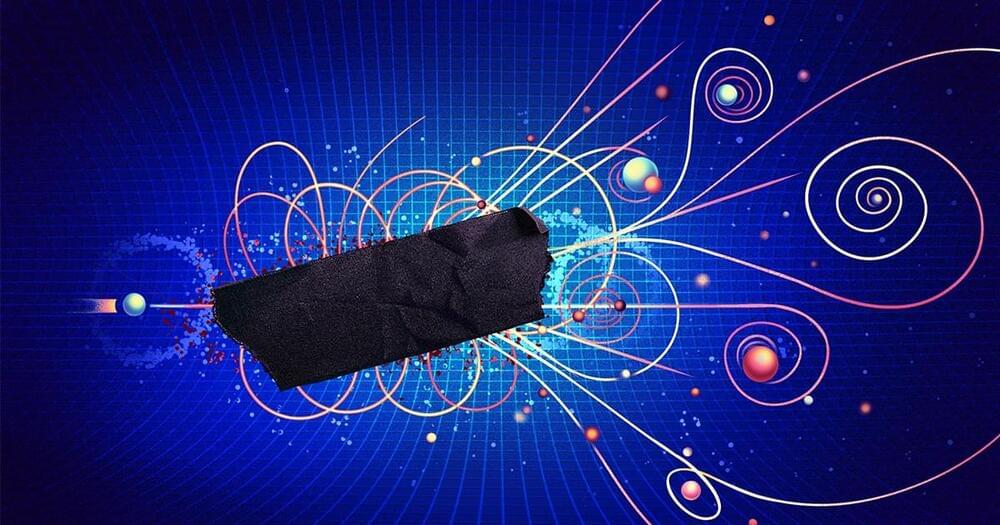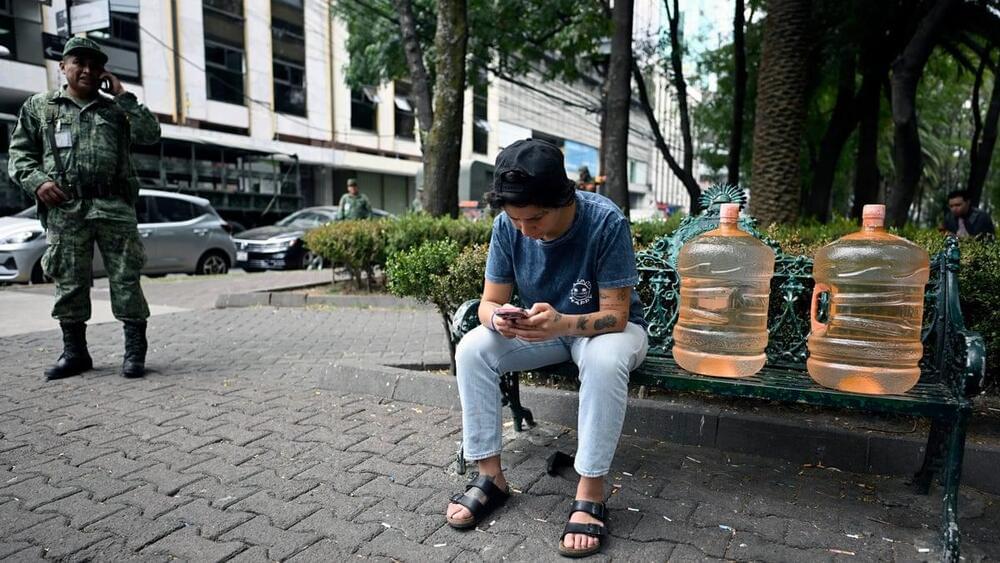Dead stars known as white dwarfs, have a mass like the sun while being similar in size to Earth. They are common in our galaxy, as 97% of stars are white dwarfs. As stars reach the end of their lives, their cores collapse into the dense ball of a white dwarf, making our galaxy seem like an ethereal graveyard.
Despite their prevalence, the chemical makeup of these stellar remnants has been a conundrum for astronomers for years. The presence of heavy metal elements—like silicon, magnesium, and calcium—on the surface of many of these compact objects is a perplexing discovery that defies our expectations of stellar behavior.
“We know that if these heavy metals are present on the surface of the white dwarf, the white dwarf is dense enough that these heavy metals should very quickly sink toward the core,” explains JILA graduate student Tatsuya Akiba. “So, you shouldn’t see any metals on the surface of a white dwarf unless the white dwarf is actively eating something.”






